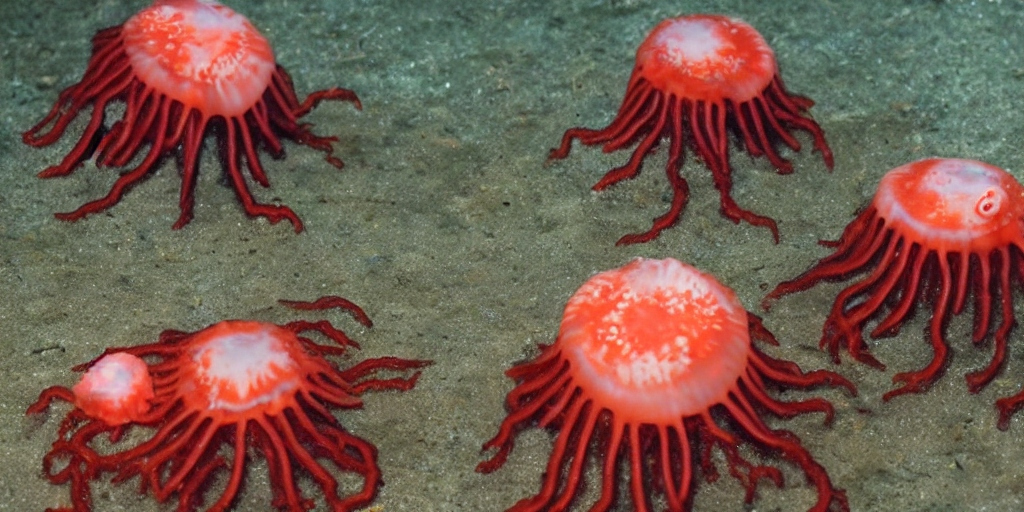Are there a biologically immortal jellyfish? The answer is both yes and no. The immortal jellyfish, Turritopsis dohrnii, does possess the unique ability to revert to its juvenile form and avoid aging, making it biologically immortal. However, it is crucial to understand that this does not make the jellyfish invulnerable to death from other causes. While the immortal jellyfish may not be a myth, its fascinating abilities continue to captivate the scientific community and those seeking to understand the limits of life itself.
Some Jellyfish are Immortal fact

The claim of an immortal jellyfish has piqued people’s curiosity worldwide, leading to widespread speculation and debate. We will examine the details and determine whether it is a fact or a myth. Prepare to be mystified as we explore the immortal jellyfish mystery.
The Immortal Jellyfish
We must turn to scientific research to unravel the truth behind the claim. In 1996, a marine biologist named Shin Kubota discovered a species of jellyfish, Turritopsis dohrnii, with extraordinary ability (1). This jellyfish can revert to its juvenile form after reaching maturity, effectively resetting its biological clock (2).
TRUTH
It is true that Turritopsis dohrnii, known as the “immortal jellyfish,” can avoid death from old age through a unique process called transdifferentiation (3). This process allows the jellyfish to transform its cells from one type to another and revert to an earlier stage in its lifecycle (4). However, it is essential to note that this form of “biological immortality” does not make the jellyfish immune to death by other means, such as predation or disease (5).
Understanding Biological Immortality
The concept of biological immortality is often misunderstood, and it is essential to clarify that this does not mean the jellyfish is invulnerable. Instead, it means that the jellyfish can theoretically live indefinitely without aging, assuming it is not killed by external factors (6). This extraordinary ability provides insight into the complex world of cellular regeneration and has spurred further research in this field (7).
Citations: (1) Kubota, S. (2011). The immortal jellyfish. Scientific American, 304(1), 64-65.
(2) Piraino, S., et al. (1996). Reversing the life cycle: Medusae transforming into polyps and cell transdifferentiation in Turritopsis nutricula (Cnidaria, Hydrozoa). Biological Bulletin, 190(3), 302-312.
(3) Haddock, S. H., et al. (2019). Insights into the biology of the “immortal” jellyfish (Turritopsis sp.) from cellular proliferation and DNA repair studies. Aging Cell, 18(6), e13022.
(4) De Vito, D., et al. (2010). Evidence of reverse development in Leptomedusae (Cnidaria, Hydrozoa): the case of Laodicea undulata. Marine Biology, 157
(5), 1743-1753. (5) Schuchert, P. (2014). The role of predation in shaping medusozoan life cycle strategies. In The Cnidaria, past, present and future (pp. 205-216). Springer, Cham.
(6) Martínez, D. E. (1998). Mortality patterns suggest a lack of senescence in hydra. Experimental Gerontology, 33(3), 217-225.
(7) Arai, M. N. (2009). The potential importance of podocysts to the formation of scyphozoan blooms: a review. Hydrobiologia, 616(1), 241-246.
